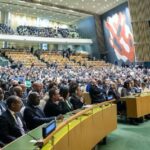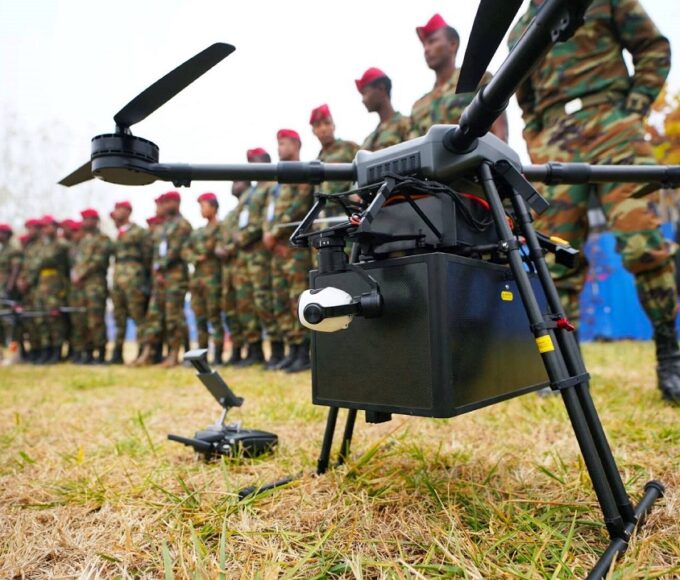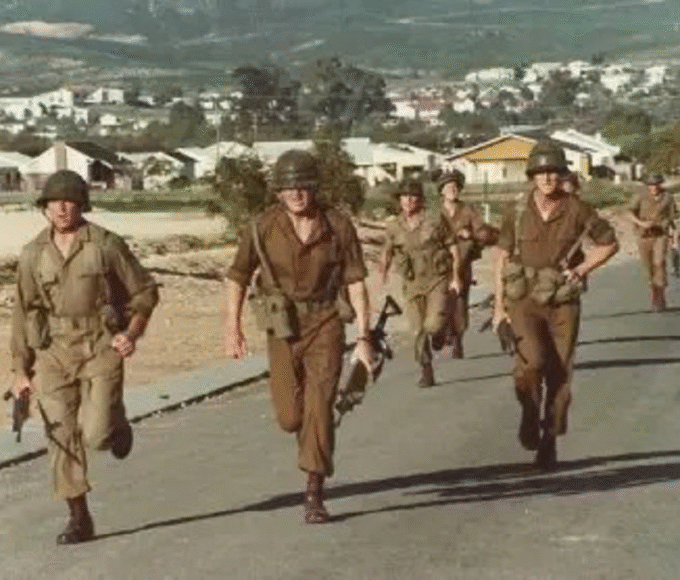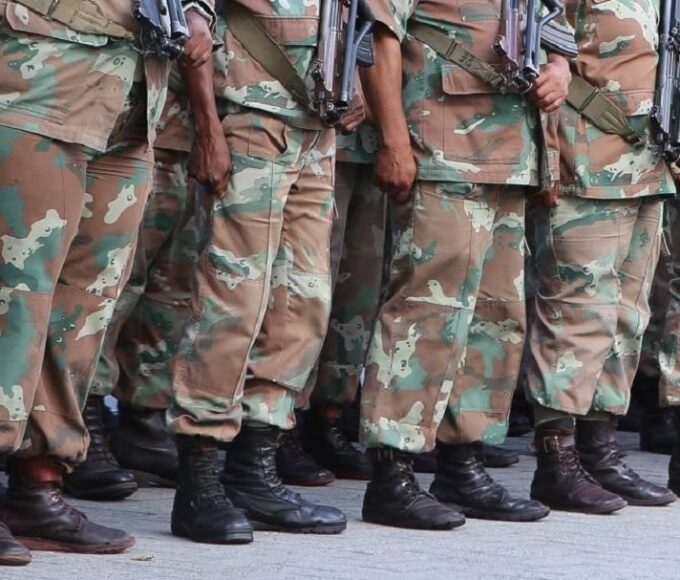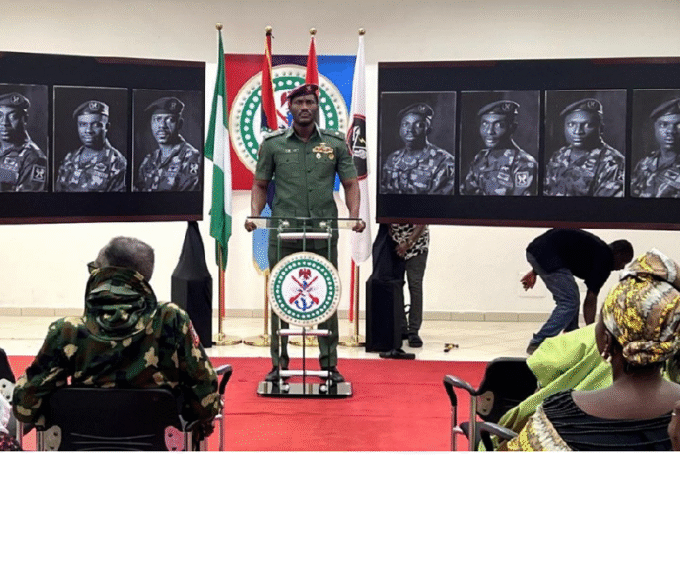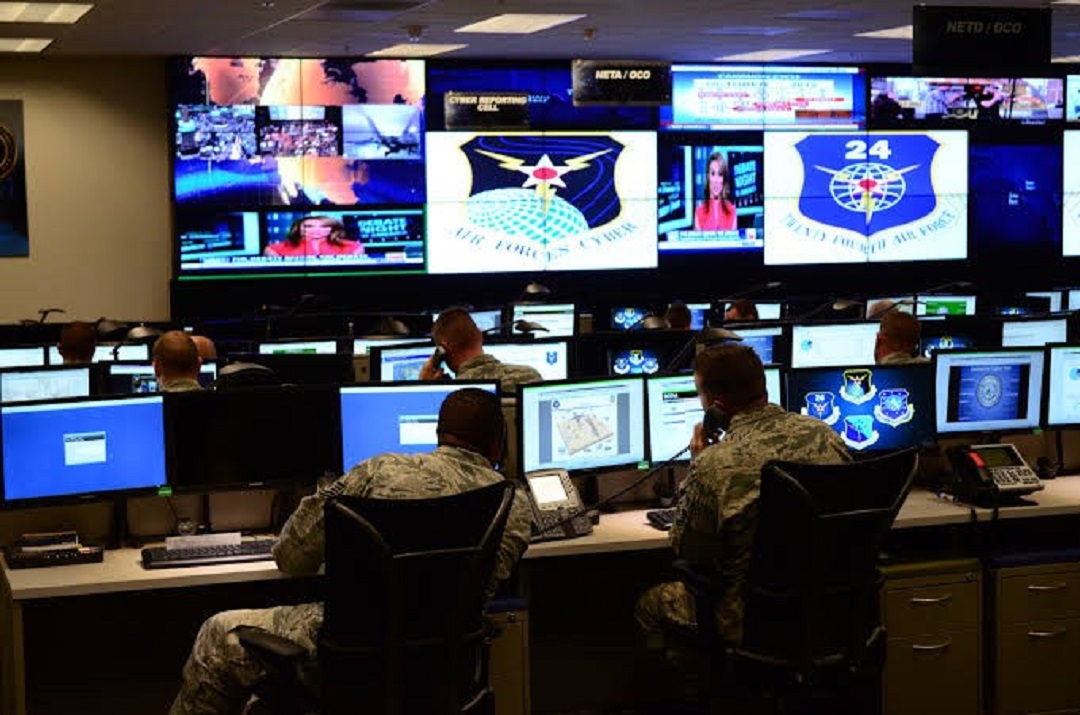
ONLINE WAR COLLEGES: CAN AFRICA BENEFIT FROM DIGITAL LEARNING?
Africa’s militaries face a pressing paradox: they are among the most active in the world deployed in over 35 countries against insurgencies, terrorists, and border conflicts yet few officers have access to advanced strategic education. Traditional war colleges such as Nigeria’s National Defence College and South Africa’s Military Academy train only a limited number each year, leaving thousands without structured professional development. As hybrid threats evolve from Boko Haram in the Sahel to al-Shabaab in the Horn, scalable alternatives are urgently needed. Online war colleges, already successful in countries like the United States and India, now offer Africa a potential digital solution.
Distance learning for military officers is no longer theoretical. The U.S. Naval Postgraduate School’s online program and India’s Defence Institute of Advanced Technology deliver accredited master’s courses to remote bases through secure platforms. Similar approaches have begun to take root in Africa. Rwanda’s military collaborates with the University of Rwanda to deliver e-learning modules, while Kenya’s International Peace Support Training Centre streams counter-IED instruction to AMISOM troops in Somalia. With 4G networks now covering about 70 percent of sub-Saharan Africa, the digital infrastructure for virtual war colleges already exists awaiting only political and institutional will.
Related Article: THE ROLE OF SPECIAL FORCES IN MODERN AFRICAN CONFLICTS
Cost, once a major barrier, is steadily diminishing. Building and maintaining traditional academies can consume millions of dollars; Nigeria spent roughly $25 million on its Abuja campus alone. By contrast, an online program using open-source tools such as Moodle can operate for under $50,000 a year. Recorded lectures by retired officers and regional experts eliminate recurring teaching costs. The African Union’s Peace and Security Department could coordinate a continental curriculum covering strategy, logistics, cyber defense, and peace operations translated into English, French, Arabic, and Swahili, and accessible via smartphones already owned by most African officers.
Digital platforms can also bring the battlefield into the classroom in real time. During Mali’s 2021 coup, officers trained through encrypted messaging groups coordinated operations faster than traditional command channels. Uganda’s People’s Defence Force maintains a secure Telegram forum where colonels analyze drone footage from Karamoja raids, effectively turning combat footage into case studies. A formal online war college could institutionalize such practices through live scenario simulations of Lake Chad operations or virtual reality exercises reviewed by instructors in Addis Ababa or Pretoria all completed between deployments.
Technical limitations, though often cited, are rapidly eroding. Starlink and similar satellite services now provide high-speed internet to rural military bases across more than 15 African countries. Solar-powered charging hubs, pioneered in Tanzanian refugee camps, are keeping laptops and tablets operational. Ghana’s Bundase Training Camp already runs offline modules that sync automatically when power returns. The real challenge is no longer connectivity, but commitment to harness it effectively.
Cybersecurity remains a valid concern. In 2023, the hacking of an Ethiopian officer’s laptop exposed front-line coordinates during the Tigray conflict. Yet secure solutions exist: encrypted networks and biometric logins, similar to those used by Israel’s Defense Forces, can safeguard sensitive information. Technology providers have already offered such systems at discounted rates to African partners. Supporters argue that the greater danger lies not in cyber breaches but in allowing officers to remain strategically untrained in an era of digital warfare.
Cultural resistance may prove harder to overcome than technical barriers. Many senior officers steeped in traditional command culture distrust the idea of learning strategy through a screen. A recent survey among ECOWAS officers found nearly 70 percent preferred in-person instruction for reasons of camaraderie and discipline. Hybrid models can bridge this gap. South Africa’s blended program brings students to Stellenbosch for intensive war-gaming before continuing studies online. Virtual mentorship forums moderated by senior colonels can preserve hierarchy while enabling cross-border dialogue. The aim is not to replace the collegial debates of the officers’ mess, but to multiply them across the continent.
Africa’s security future demands such innovation. The African Union’s “Silencing the Guns” initiative, set to expire in 2030, risks remaining an empty slogan without a well-educated officer corps. An AU-sponsored Online Centre of Excellence in Military Studies perhaps headquartered in a neutral city like Gaborone and funded through a small levy on peacekeeping reimbursements could train up to 10,000 officers annually by 2028.
In an age where a drone operator in Niamey requires the same level of strategic awareness as a brigade commander in Kinshasa, Africa’s defense readiness may depend less on expanding barracks than on expanding bandwidth. The tools exist, the technology is affordable, and the need is undeniable. What remains is the will to transform how Africa educates those who guard its peace.
King Richard Igimoh, Group Editor ALO
King Richard Igimoh, Group Editor African Leadership Organisation is an award-winning journalist, editor, and publisher with over two decades of expertise in political, defence, and international affairs reporting. As Group Editor of the African Leadership Organisation—publishers of African Leadership Magazine, African Defence & Security Magazine, and Africa Projects Magazine—he delivers incisive coverage that amplifies Africa’s voice in global security, policy, and leadership discourse. He provides frontline editorial coverage of high-profile international events, including the ALM Persons of the Year, the African Summit, and the African Business and Leadership Awards (ABLA) in London, as well as the International Forum for African and Caribbean Leadership (IFAL) in New York City during the United Nations General Assembly.
Recent Posts
Categories
- Air & Aerospace17
- Border Security15
- Civil Security6
- Civil Wars4
- Crisis5
- Cyber Security8
- Defense24
- Diplomacy19
- Entrepreneurship1
- Events5
- Global Security Watch6
- Industry8
- Land & Army9
- Leadership & Training5
- Military Aviation7
- Military History27
- Military Speeches1
- More1
- Naval & Maritime9
- Policies1
- Resources2
- Security12
- Special Forces2
- Systems And Technology9
- Tech6
- Uncategorized6
- UNSC1
- Veterans7
- Women in Defence9
Related Articles
AFRICA’S ROBOTICS REVOLUTION ON THE BATTLEFIELD
Across Africa’s conflict zones from the Sahel’s desert plains to the forests...
ByKing Richard Igimoh, Group Editor ALODecember 15, 2025THE SOUTH AFRICAN BORDER WAR (1966–1989) MILITRAY STRATEGY AND LEGACY
The South African Border War, fought between 1966 and 1989, was a...
ByKing Richard Igimoh, Group Editor ALOOctober 28, 2025WAR WIDOWS AND FAMILIES AS SILENT STAKEHOLDERS IN DEFENSE
When the last shots of a war are fired, the battle rarely...
ByKing Richard Igimoh, Group Editor ALOOctober 13, 2025THE SILENT CRISIS: PTSD AMONG AFRICA’S MILITARY VETERANS
Across Africa, where wars and insurgencies have scarred nations for decades, a...
ByKing Richard Igimoh, Group Editor ALOSeptember 19, 2025





